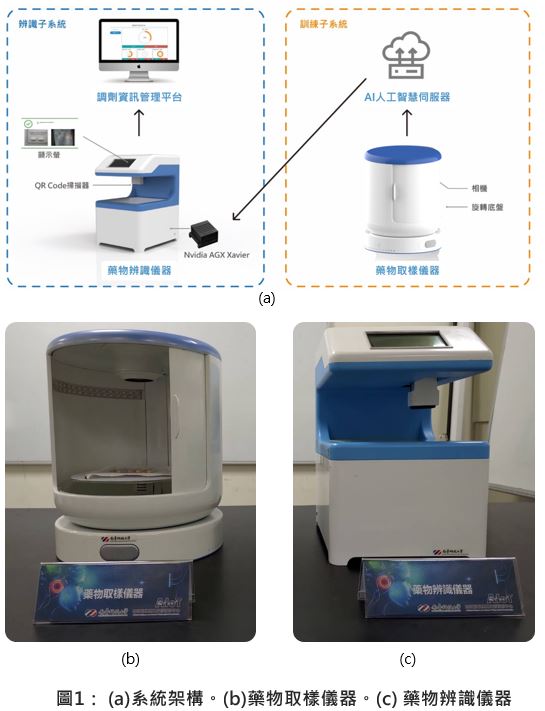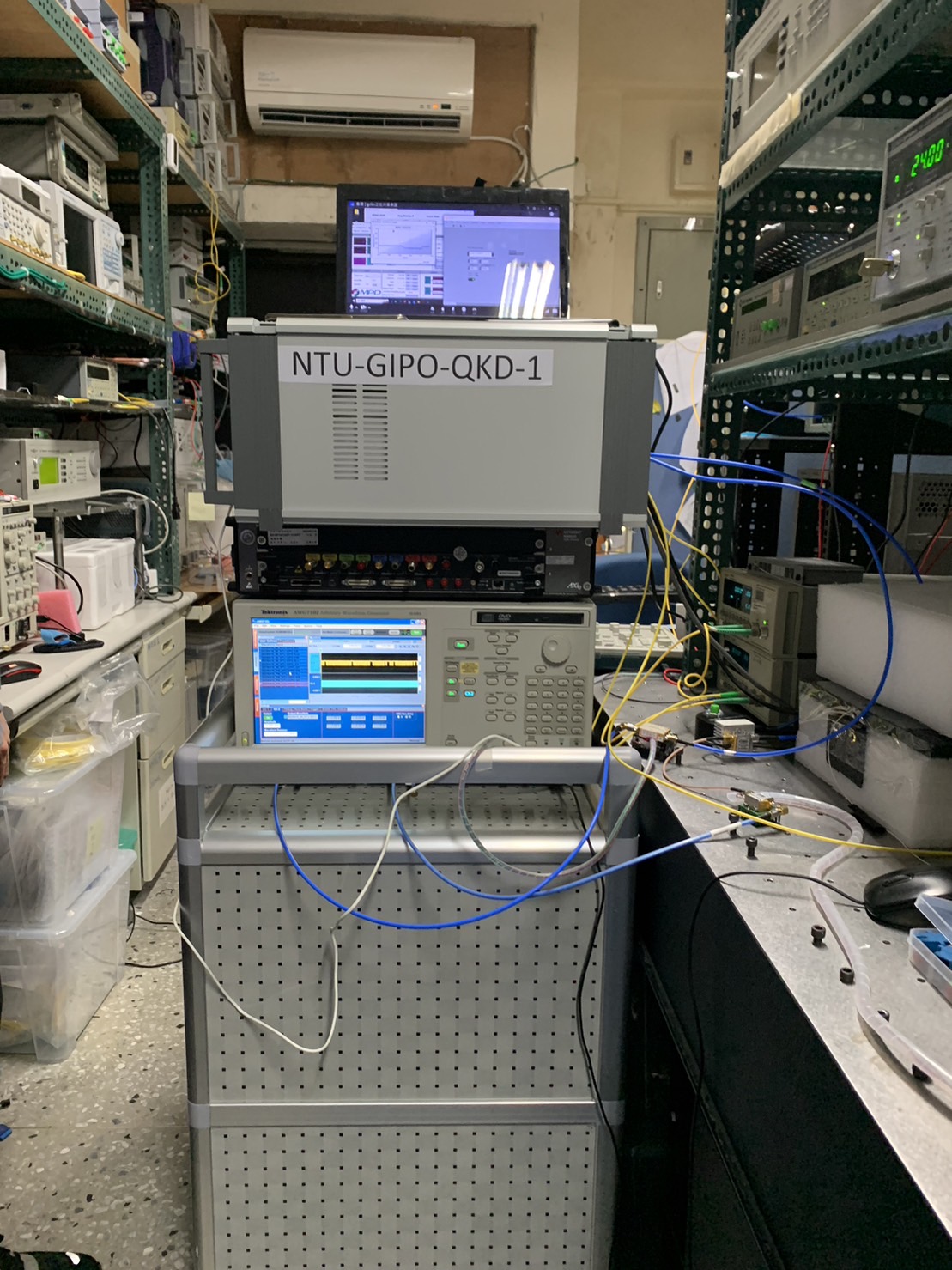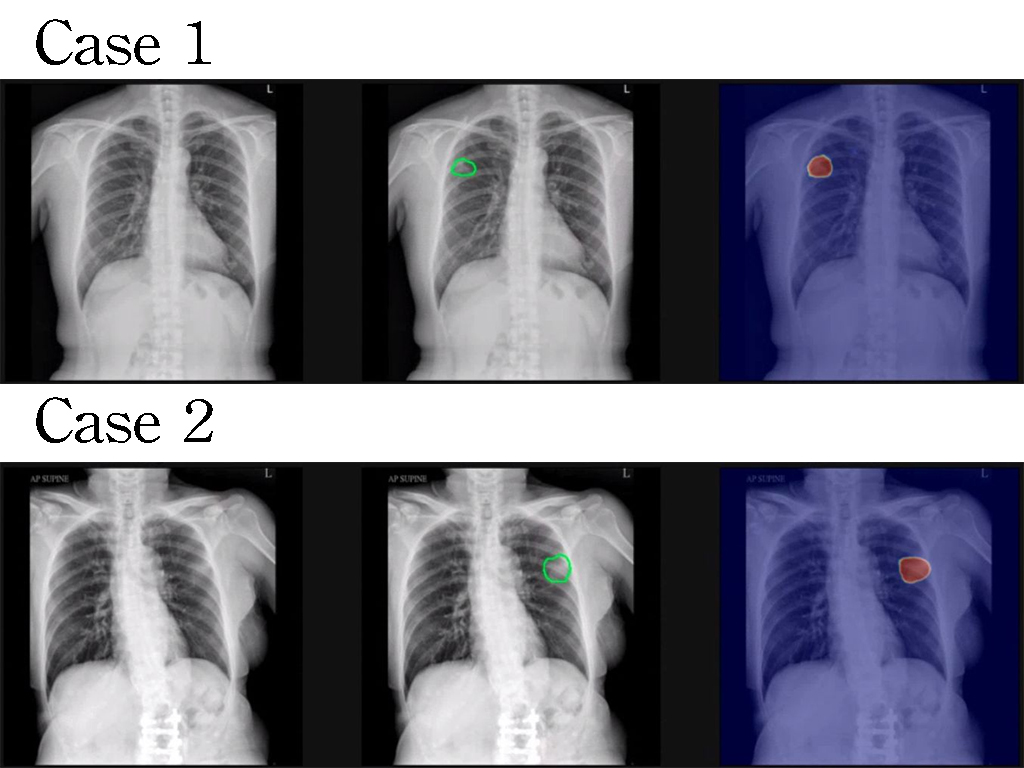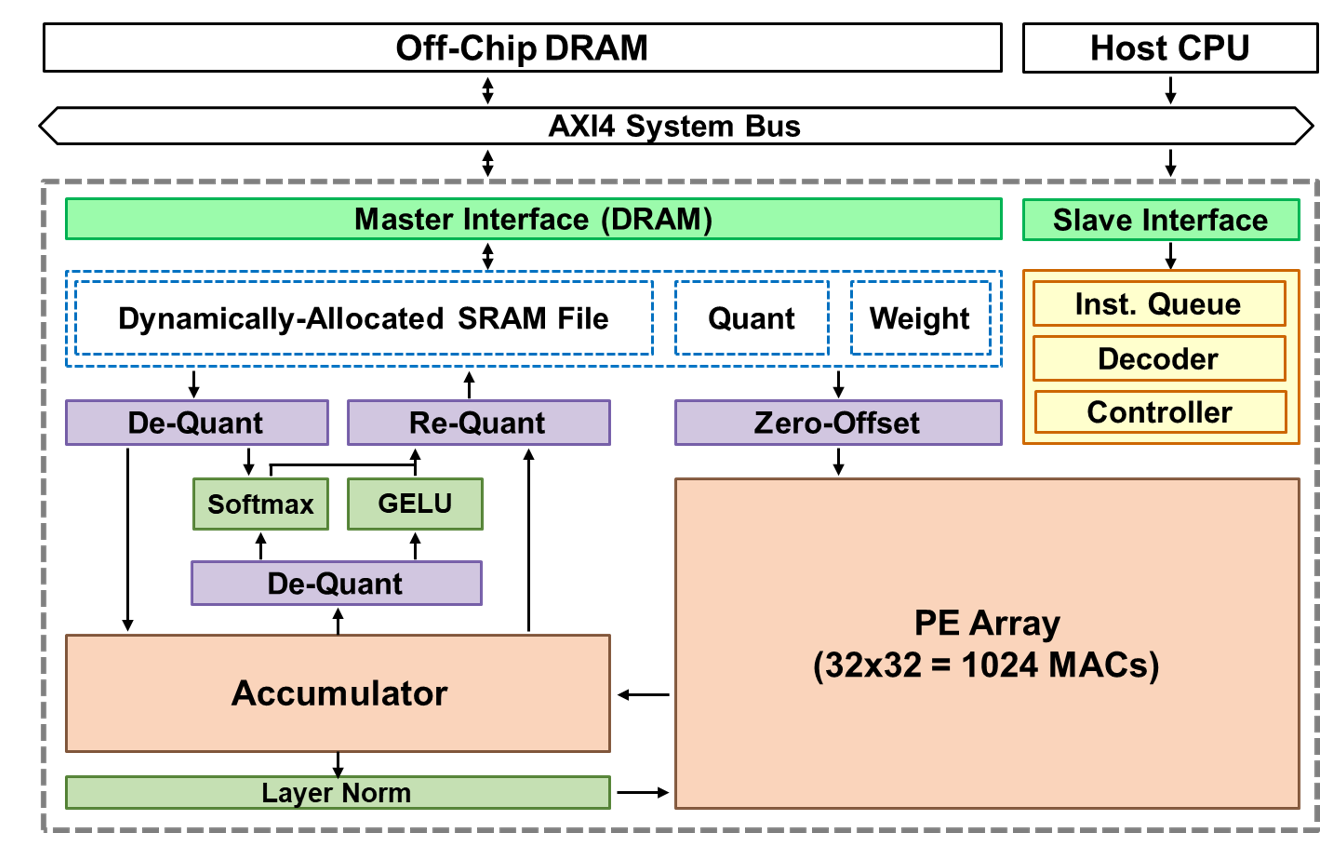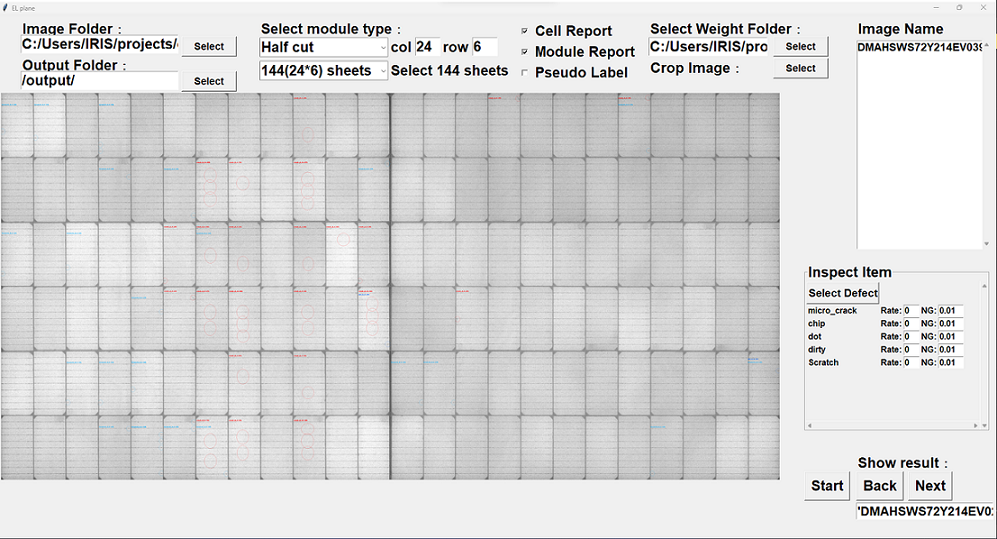| Technical Name | Integrating Generative AI and Deep Learning for Next-Generation Remote Smart Early Warning System for Sudden Cardiac Arrest | ||
|---|---|---|---|
| Project Operator | National Taiwan University College of Medicine | ||
| Project Host | 李建璋 | ||
| Summary | Our team developed a TCN model using publicly available ICU datasets and externally validated it by data from NTUH. The results show that TCN can predict over 90% of sudden cardiac arrest cases six hours before the cardiac arrest events, with an AUC of 0.96, outperforming NEWS, which has an AUC of 0.87 and a sensitivity of 81% six hours before cardiac arrest occurs. Furthermore, we utilized generative AI to predict vitals of the next hour based on patient past vital signs and medical records. |
||
| Scientific Breakthrough | We pretrained TCN with natural death data, which performs better than LSTM, and then combined it with baseline model. Then, we use TFT to predict trajectories of vitals by incorporating other vital signs and medical records for contextual learning. Compared to the 2019 Singaporean team's GLSTM, which predicted 60-minute MAPEs for heart rate and systolic blood pressure at 9.25% and 7.33% respectively with 15-minute data, TFT achieved MAPEs of 4.9% and 5.7% one hour ahead by four-hour data. |
||
| Industrial Applicability | Our IoT vital signs monitoring devices enhance homecare safety for chronic patients and high-risk groups. With the global home healthcare market growing over 15% annually, our technology predicts cardiac arrest, improving early detection and reducing mortality, applicable to various healthcare settings including ICU, ER, general wards and homecare, offering continuous monitoring for critically ill and cardiovascular disease-risk patients and driving market expansion in telemedicine and homecare. |
||
| Keyword | Temporal Fusion Transformer Gated residual networks Static covariate encoders Variable selection Sequence-to-Sequence Multi-head attention Quantile regression Interpretability Elixhauser comorbidity index Cardiac arrest | ||
- Contact
- Po-Chun Liao
- ss900371tw@gmail.com
other people also saw



